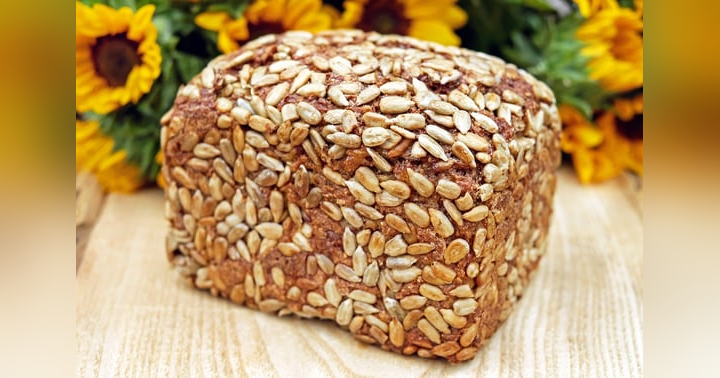I’m a “Yisroel” and Proud (Pinchas)
Let’s just face it. Kohanim and Leviim have a certain level of pride that the regular Yisroelim – myself included – just don’t have. There is a certain uniqueness to them. That’s just the way it is. I always wonder what is going through the mind of that one Kohen or Levi who is present in Shul as he makes his way up to the Bima to get his Aliyah. To be honest, I have been tempted many times to raise my hand right before the third Aliyah and yell to the Gabbai, “I’m a Yisroel!”
The reason why no Yisroel in the history of the Jewish people ever did such a thing is because MOST of us are indeed Yisroelim. Odds are 99% of the Shul congregants are Yisroelim, so there is no need to for you to make this announcement. Of course, all Jews are holy and special, but we must admit that Kohanim and Leviim have a certain level of specialness and holiness above everyone else. They get their own Aliyos. They have a certain standard that is, say, different.
In a similar vein, the Jewish calendrical year is comprised of special holy days and mundane days. The calendar is comprised of Shabbos, Rosh Chodesh, Yom Tov, as well as the days of the regular week. In fact, out of the 354 days of the Jewish year, about 100 of them are either Shabbos, Rosh Chodesh, or Yom Tov, whereas the majority – about 250 – are regular weekdays.
Rashi explains the juxtaposition between the Torah’s discussion of the new leader who would succeed Moshe Rabbeinu and the lengthy discussion of the various Korbanos that were to be brought throughout the Jewish year. Rashi says that when Moshe Rabbeinu beseeched Hashem to anoint a new leader for the Jewish people, Hashem said, “While you charge Me regarding My children, why do you not charge My children regarding Me, that they not revolt against Me or exchange My service for that of idols?” Consequently, Hashem commanded Moshe Rabbeinu regarding the Korbanos.
Although the מצוה of the daily-offering – the קרבן תמיד – was already discussed in Parshas Tetzaveh (29:38-42), it is repeated here in Parshas Pinchas as a commandment that it be offered every day, לדורות (see Rashi). Every single day there must be a קרבן תמיד brought, once in the morning and once in the evening. It is only after mentioning the daily-offering that the Torah goes on to discuss the special and holy offerings of Shabbos, Rosh Chodesh, and Yom Tov.
If you think about it, the Torah – by setting itself up in the way that it does – is teaching us a fundamental lesson. It is a lesson that touches at the very core of who we are, and that is, a nation of holiness. We don’t find sanctity merely in the holy, but we even find sanctity in the mundane.
You see, it is a lot easier to connect to Hashem on a Shabbos and Yom Tov than it is during the regular weekday. Shabbos and Yom Tov have something uniquely holy and special. They are like the Kohanim and Leviim, so-to-speak. We daven with great song, partake in fancy meals, invite family and guests, etc. There is something inherently special in those days that make it feel special. But what about the rest of the days of the year. What about the “Yisroel” days of the year?
This is one of the deep messages of the קרבן תמיד. Although we find a way to connect to Hashem during the special and holy days of Shabbos and Yom Tov, realize that the mundane, the day-to-day is also holy. We must allow קדושה to permeate our weekdays.








